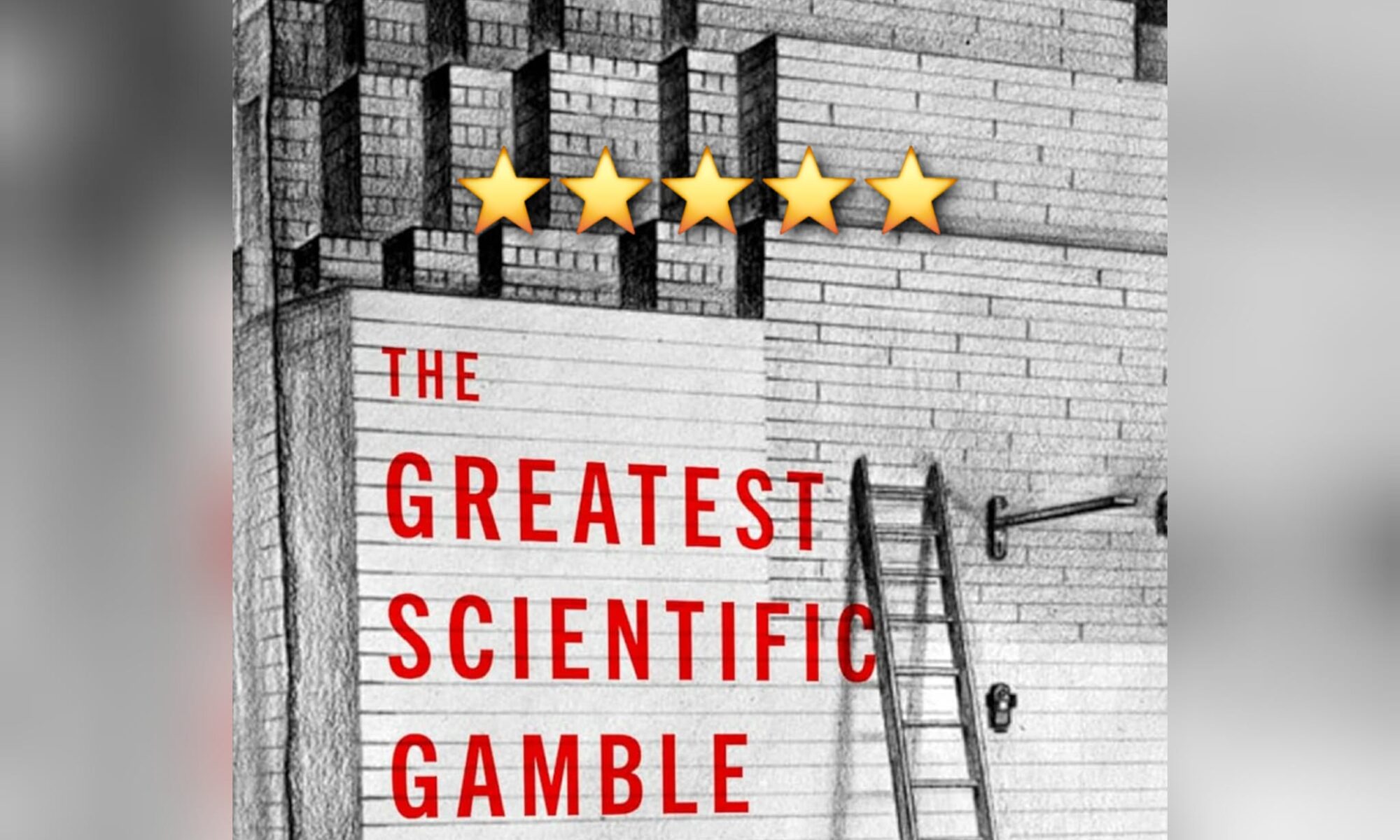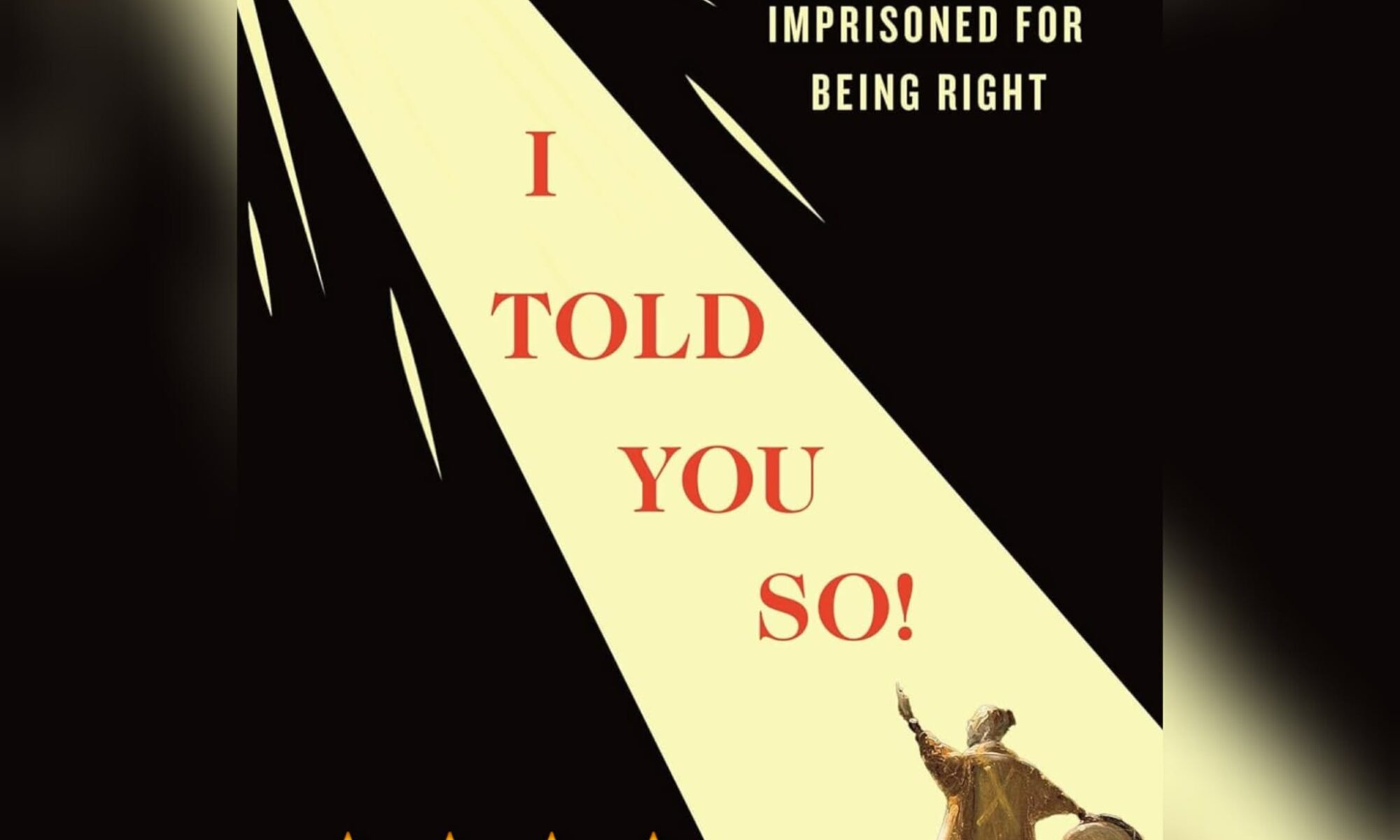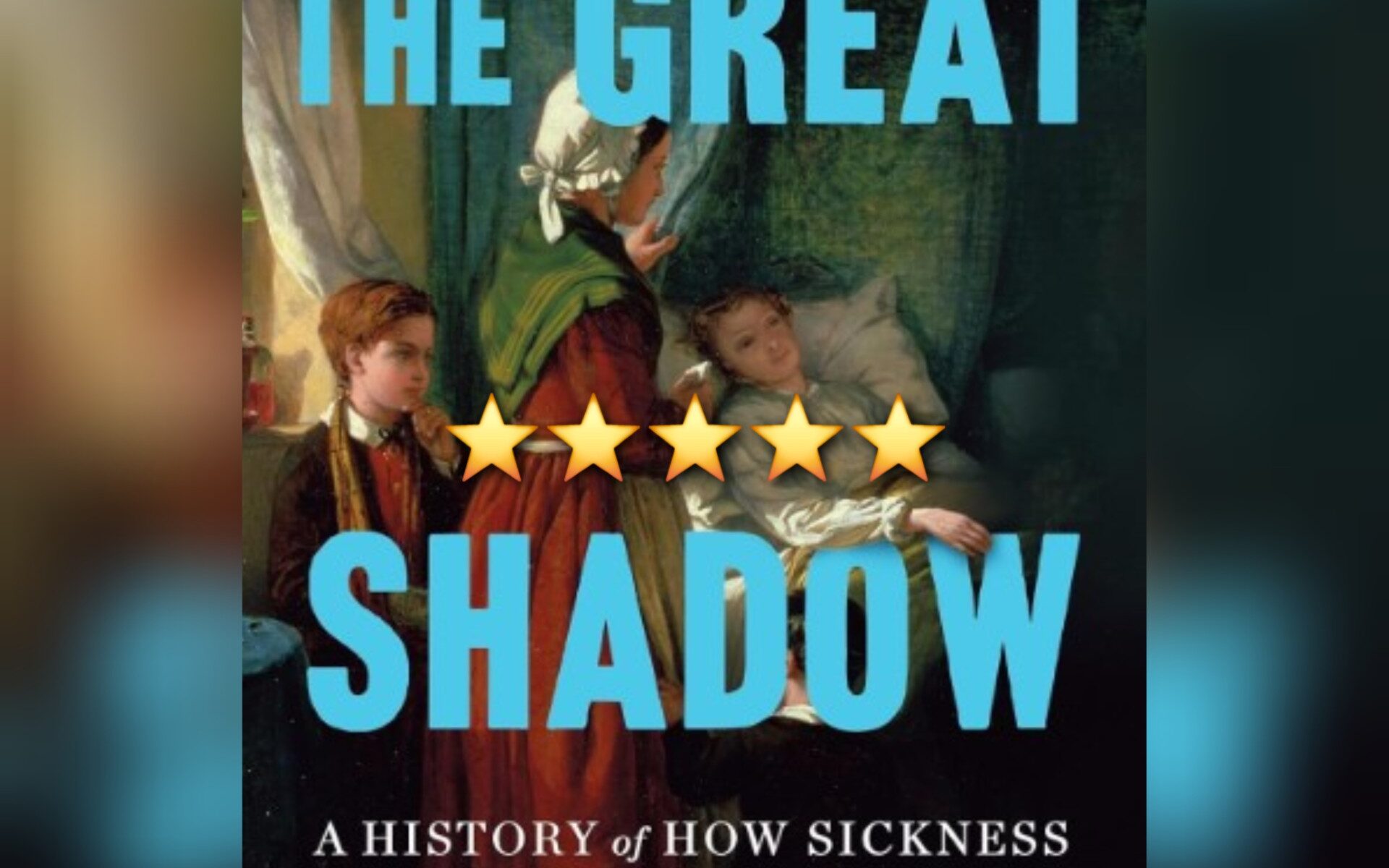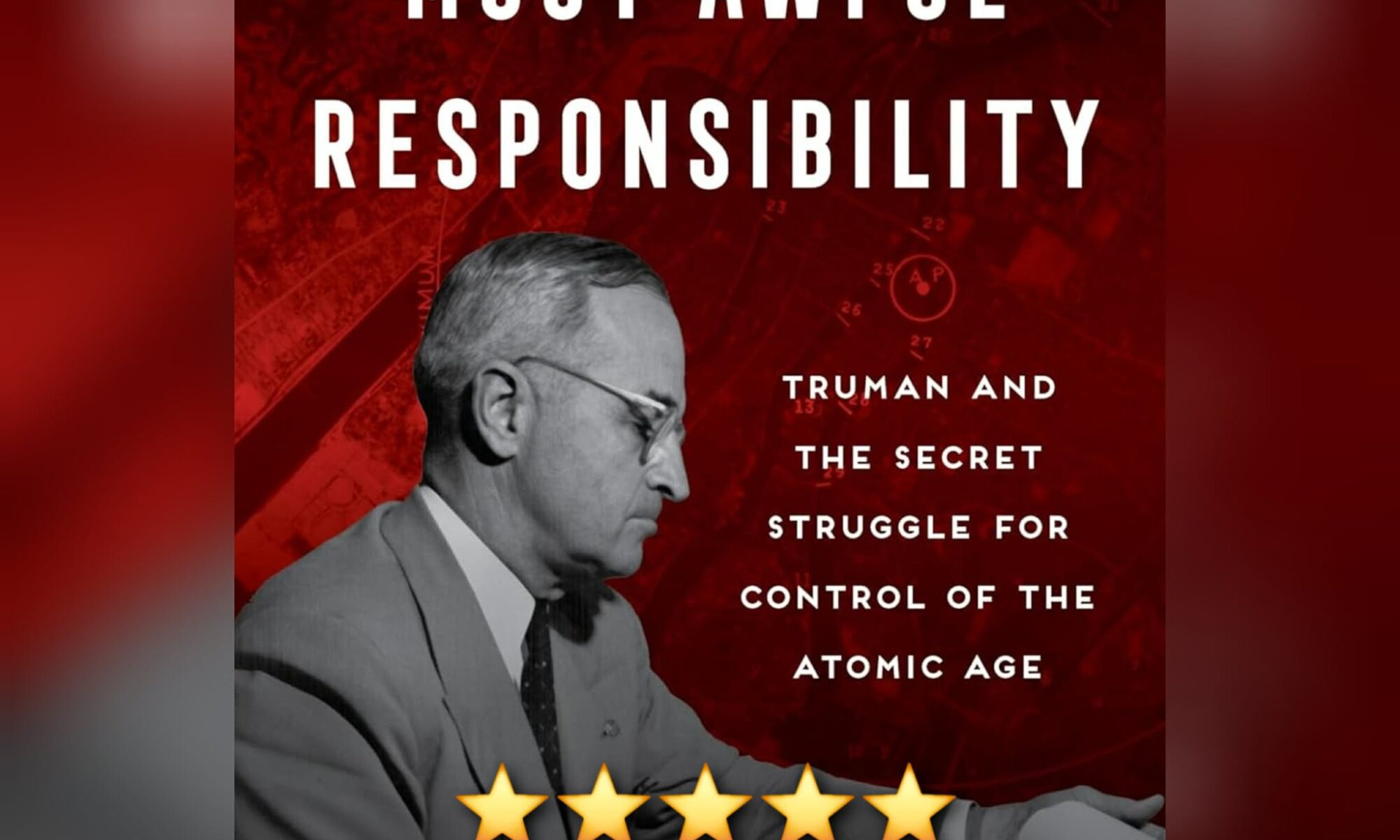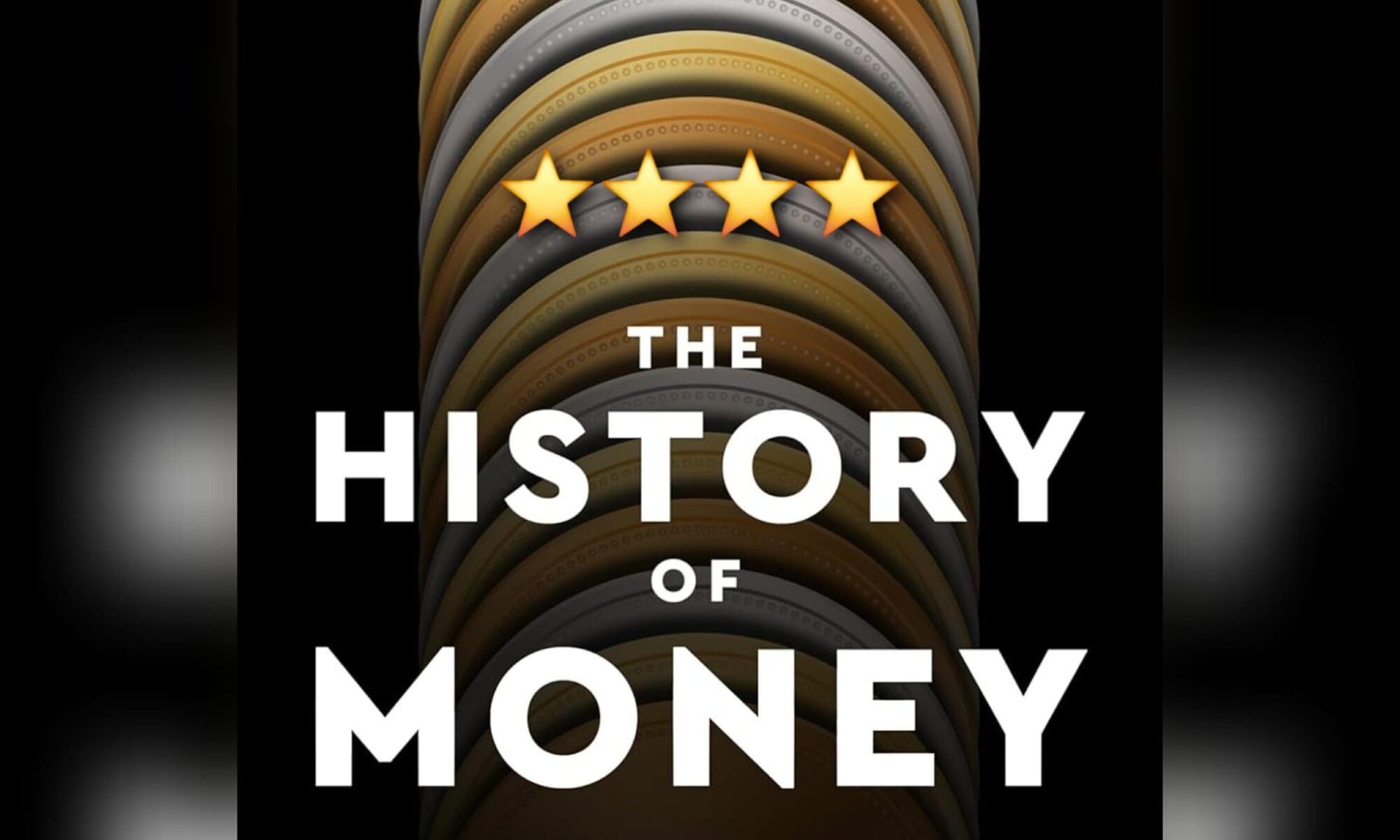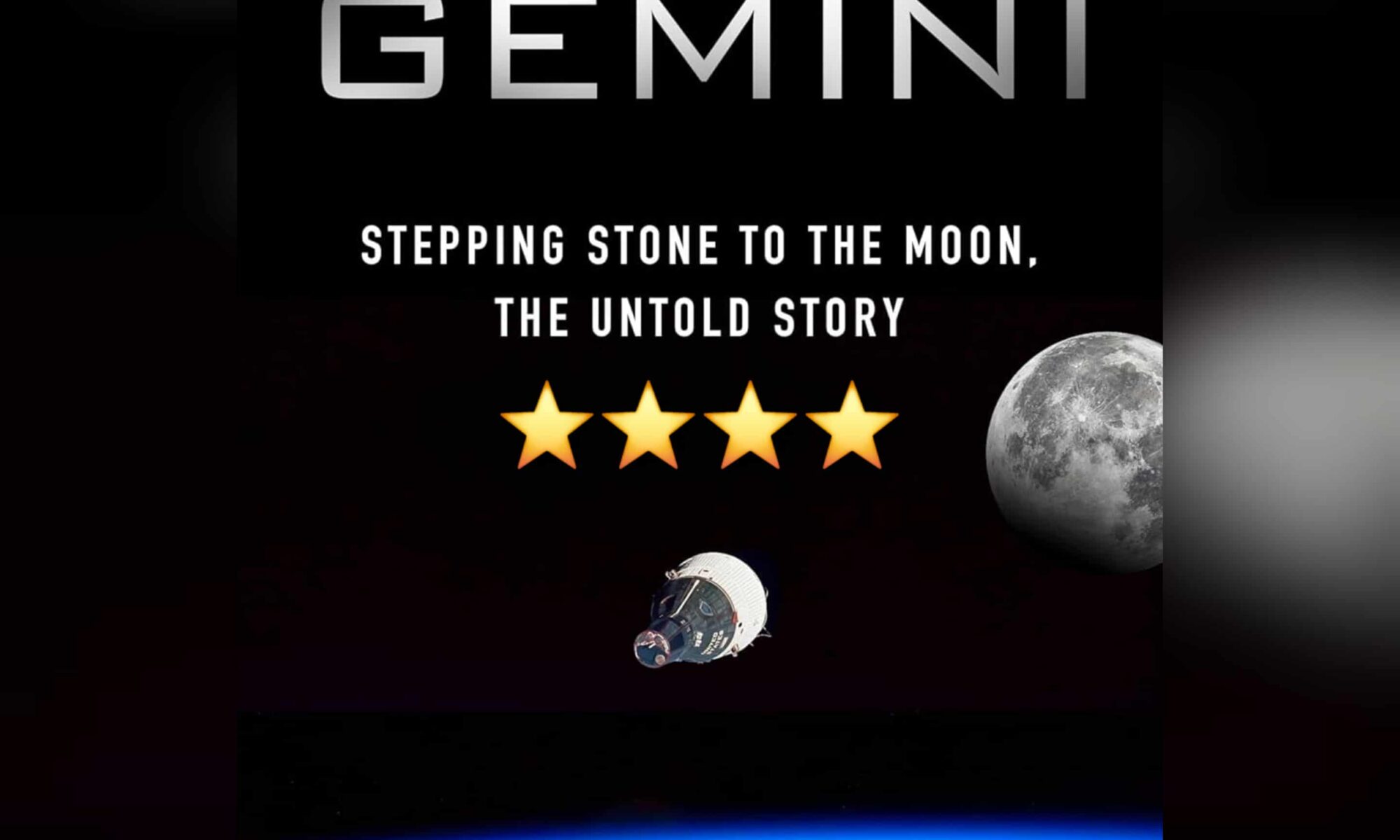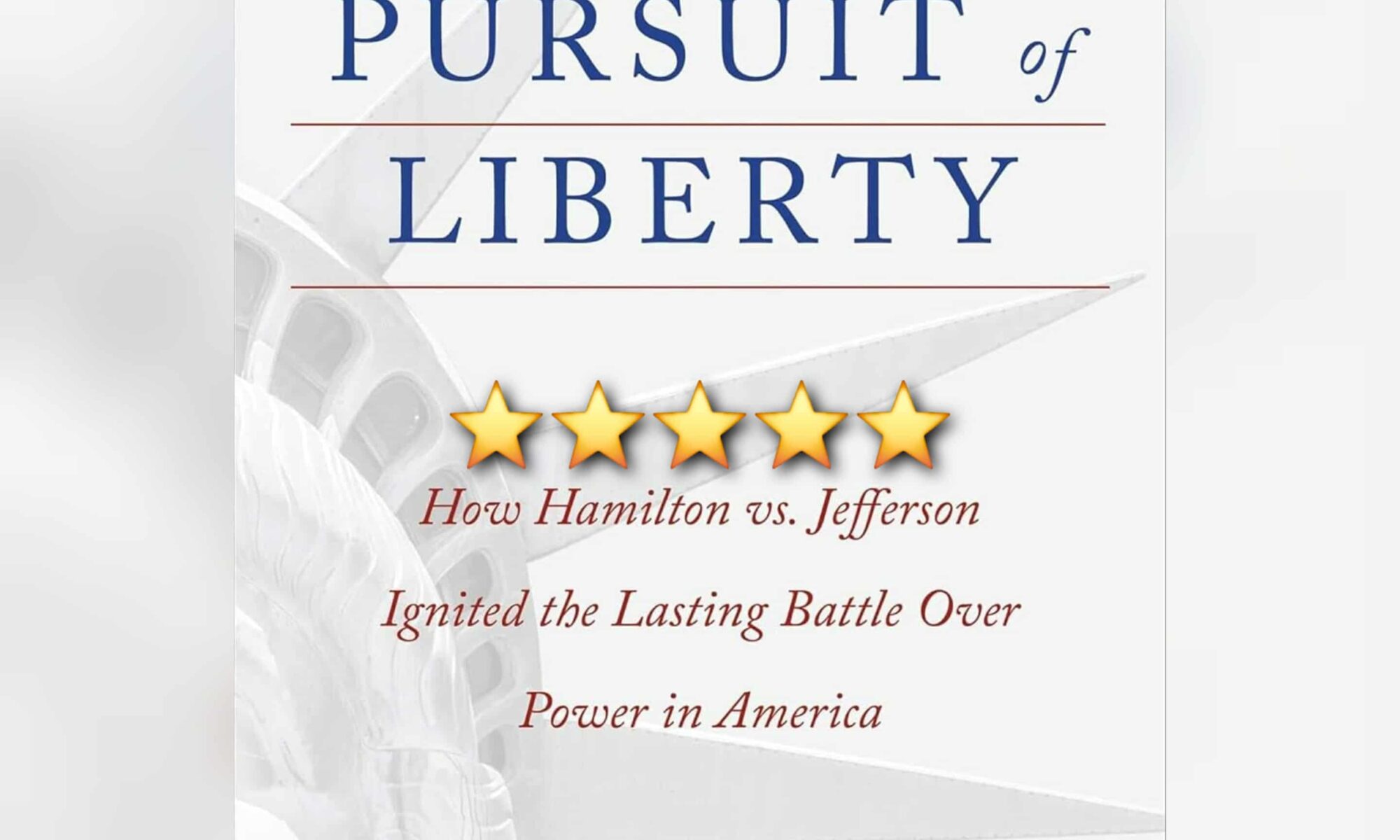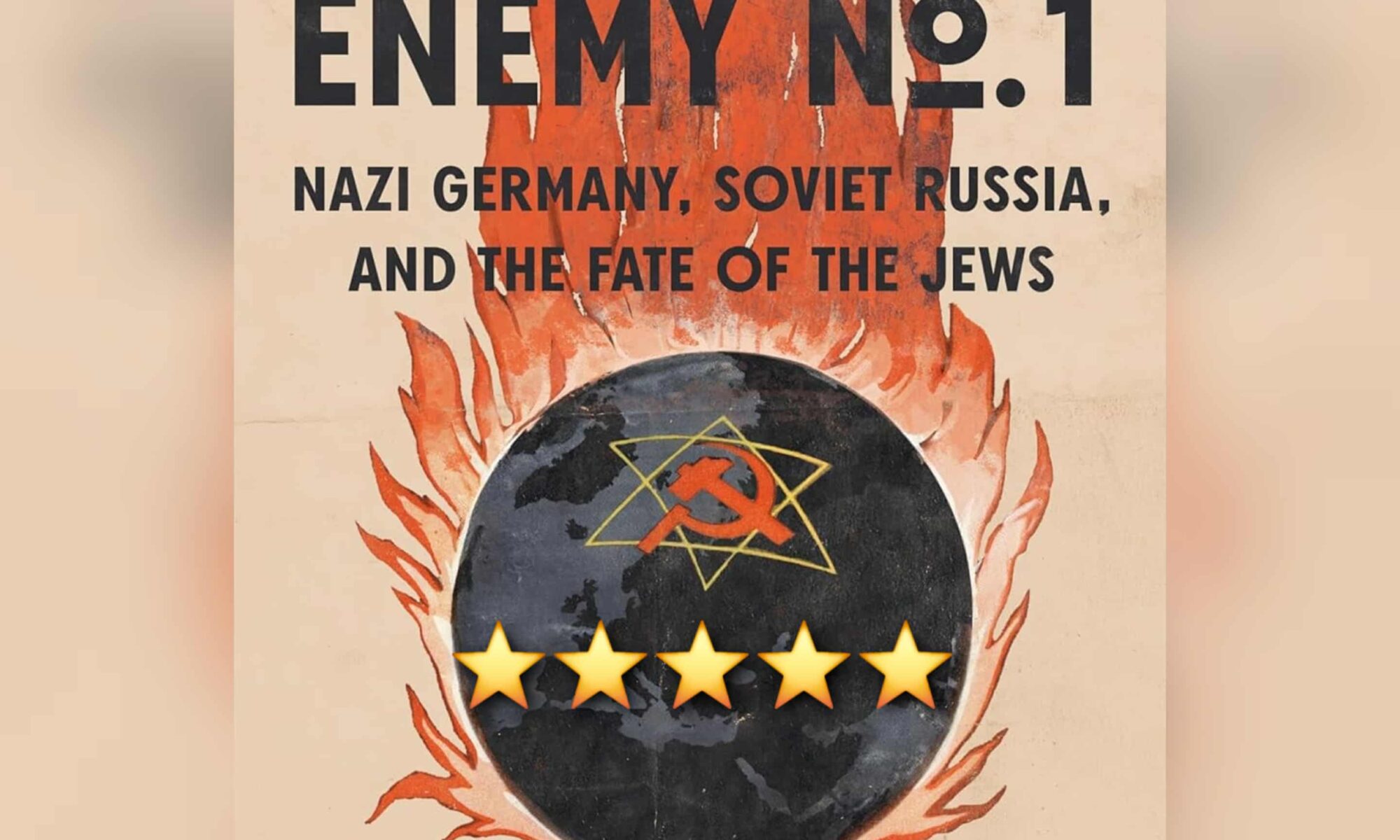Charles Xavier and Erik Lehnsherr. Robert E. Lee and Ulysses S. Grant. J. Robert Oppenheimer and Werner Heisenberg. In this text, Joseloff almost portrays the leading nuclear scientists of the WWII era – particularly Oppenheimer and Fermi vs Heisenberg – as a Professor X vs Magneto friendship yet rivals, still with humanity’s freedom – and possibly existence – at stake. Written in an approachable more journalistic rather than academic style befitting Joseloff’s background as an Emmy award winning news producer for various cable networks, thriller/ action fans may actually be able to enjoy this particular nonfiction book quite well.
This noted, the cast of “characters” is rather large – if you have trouble keeping track of half a dozen different characters in a tale, this one may not be for you after all, as there are nearly that many major players here along with several more supporting players for this particular narrative (many of whom were far larger players in the overall scheme of WWII, but who weren’t *as* prominent directly within the efforts on both sides of the war to build a working atom bomb).
Clocking in at roughly 23% documentation though, this tale is fairly well cited, and even if you think you know absolutely everything about nuclear development during the WWII era, this book will likely show you at least a few you didn’t. For example, I personally learned of the Allied attempts to assassinate Heisenberg, that Heisenberg was a version of the US/ Confederate States of America’s Robert E. Lee… and that the plutonium blast at Nagasaki that effectively ended the war (once the Russians finally declared war against Japan the next day) actually hit facilities used to produce torpedoes that had been used to attack Pearl Harbor nearly four years earlier (along with a *lot* of other facilities in Nagasaki).
But really, it is a story of friends finding themselves on opposing sides of a war, both seeking to both be the best in their field and uncover new scientific breakthroughs before the other does… knowing that their governments intend to weaponize these breakthroughs to use against the other side. It is a story of one man remaining staunchly loyal to his homeland, knowing its faults and yet choosing his home and family anyway. It is a story of his friends already seeing how evil their friend’s homeland is – even before its full evils were truly known – and doing absolutely everything possible to convince their friend to abandon his home and join them… even if they have to kidnap him to save his life.
It is a story you think you know… and yet you almost certainly never knew these particular aspects of it.
Very much recommended.
This review of The Greatest Scientific Gamble by Michael Joseloff was originally written on February 18, 2026.

